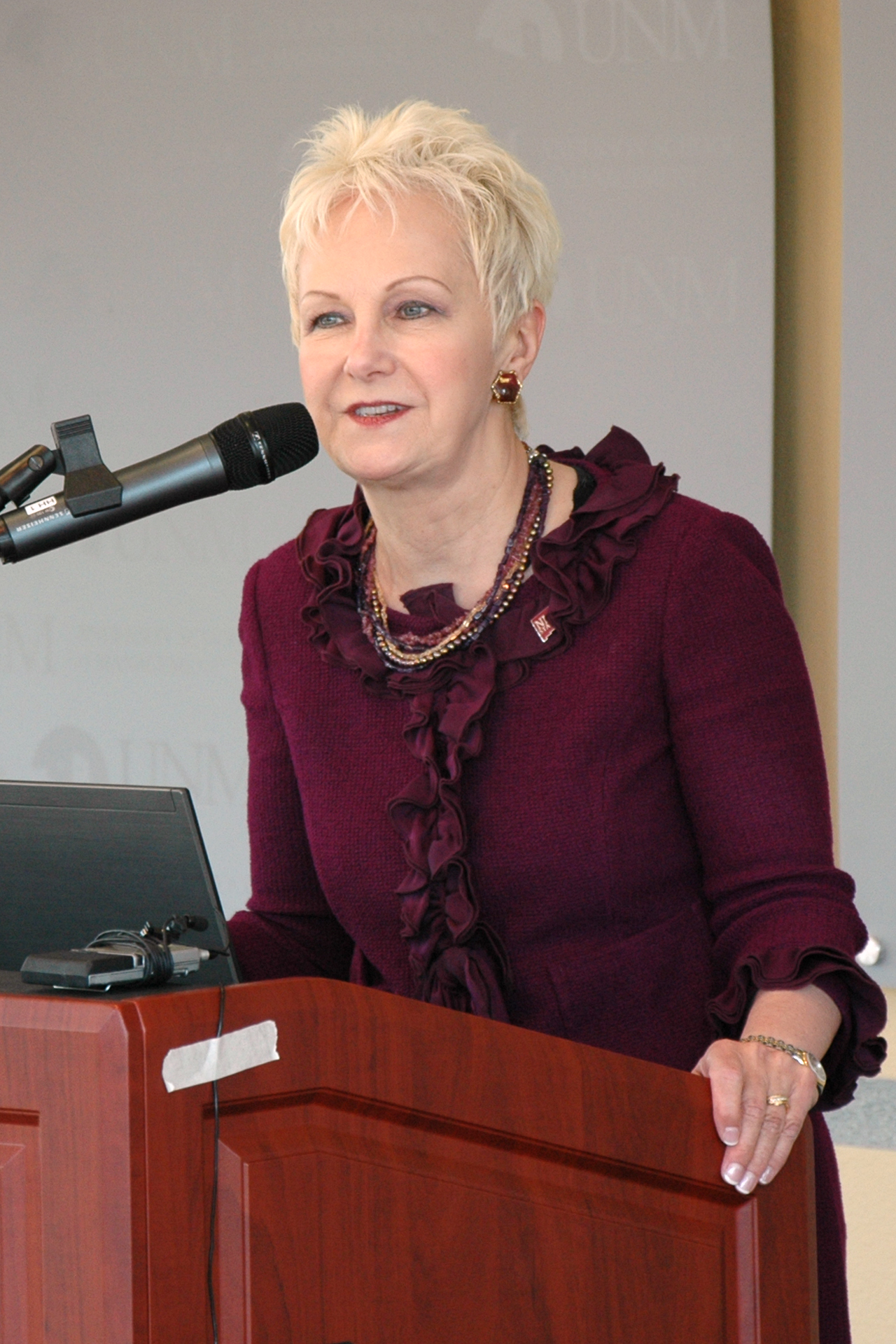NMSU's Couture joins call to protect education from federal budget cuts

The letter was a joint effort by the Association of Public and Land-grant Universities and the Association of American Universities. The university presidents and chancellors represent institutions in all 50 states, as well as Washington, D.C., and the U.S. Virgin Islands.
"In order to foster our nation's economic growth and competitiveness, our elected officials must recognize that investments in research and education are needed to develop the workforce and industries our nation requires. Higher education funding is critical to help our country remain a global force in the 21st century," Couture said.
If the White House and Congress can't reach an agreement on controlling the nation's debt by the end of this year, more than $1 trillion in automatic spending cuts – termed sequestration – will be triggered under the 2011 Budget Control Act. In theory, the sequestration would affect all government agencies by the same percentage. However, entitlement programs such as Social Security and parts of the Department of Defense budget are exempt. That leaves other government programs particularly vulnerable.
"Deficit reduction until now has concentrated almost entirely on non-defense discretionary expenditures, which are only about one-sixth of the budget," according to the letter released by the two groups. "Spending on these programs is not the primary cause of our rising debt. Wholesale additional reductions in these and other programs that educate and train the next generation risk undermining our nation's human capital, infrastructure, technological and scientific needs."
As the countdown to the automatic budget cuts continues, most of the public's attention has gone to how the cuts would affect defense spending. But, as the educators point out, other segments of our economy will suffer disproportionately.
"Sequestration is an undiscerning and blunt budget tool that would substantially harm our nation's future by blindly slashing valuable investments in education and scientific research, as well as other important discretionary programs that provide health, economic and national security," the letter stated. "Americans know that investments in education and scientific research pay long-term dividends. ... These investments produce the people and the ideas that lead to new products, new businesses and entire new industries, as well as the jobs that go with them."


